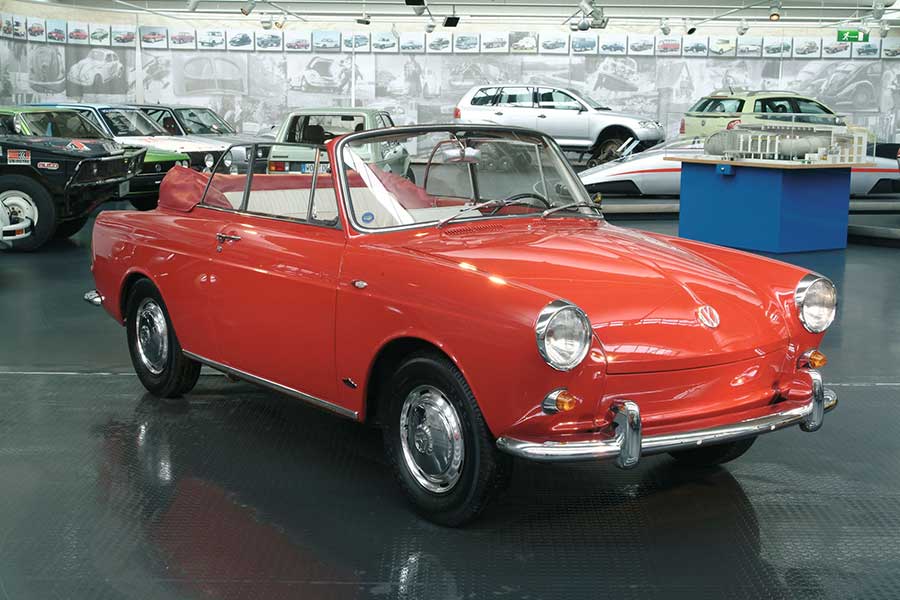The Volkswagen Group in the early 2000s introduced a new lineup of in-line and V configured engines to its offerings to various Volkswagen and Audi vehicles, which employed FSI (Fuel Stratified Injection) technology at the time. FSI used the principle of direct fuel injection, where fuel is injected directly into the cylinders in contrast to the conventional multiport injection system for gasoline engines.
This technology provided two main benefits: (1) It allowed for increased engine power over a conventional multiport injected engine of a similar size, and (2) it brought about better fuel savings. However, these benefits happen when the engine internals are clean and free from carbon buildup, which unfortunately occurs at as low as 20,000 miles.
Understanding the Carbon Buildup Problems and It’s Associated Remedies
The carbon buildup problem results from the FSI technology implemented in today’s internal combustion engines. This buildup occurs on the back of intake valves, top of piston crowns, and in the intake manifolds, due to the relocation of the fuel injectors from the intake manifolds (where the intake valves receive a steady mist of injected fuel to wash them) to directly on the cylinder head.
The result of carbon buildup is low power output, engine misfires, and in some cases, pre-ignition or spark knock. It will also result in poor fuel economy over time until you perform carbon cleaning to remove the deposits.
The most effective solution to this problem would be a complete strip-down of the top cylinder and mechanical cleaning (or replacement) of intake valves, intake manifold, and fuel injectors. A non-invasive method uses chemicals to clean the intake manifold and valves under particular engine running conditions that may be sufficient to flush off the carbon deposits.
Performing this kind of cleaning service requires a professional to execute. At A1 European Auto Repair, we would ensure that this is done professionally by offering you the best you can get. Give us a call today to enjoy trouble-free vehicle ownership.




Recent Comments